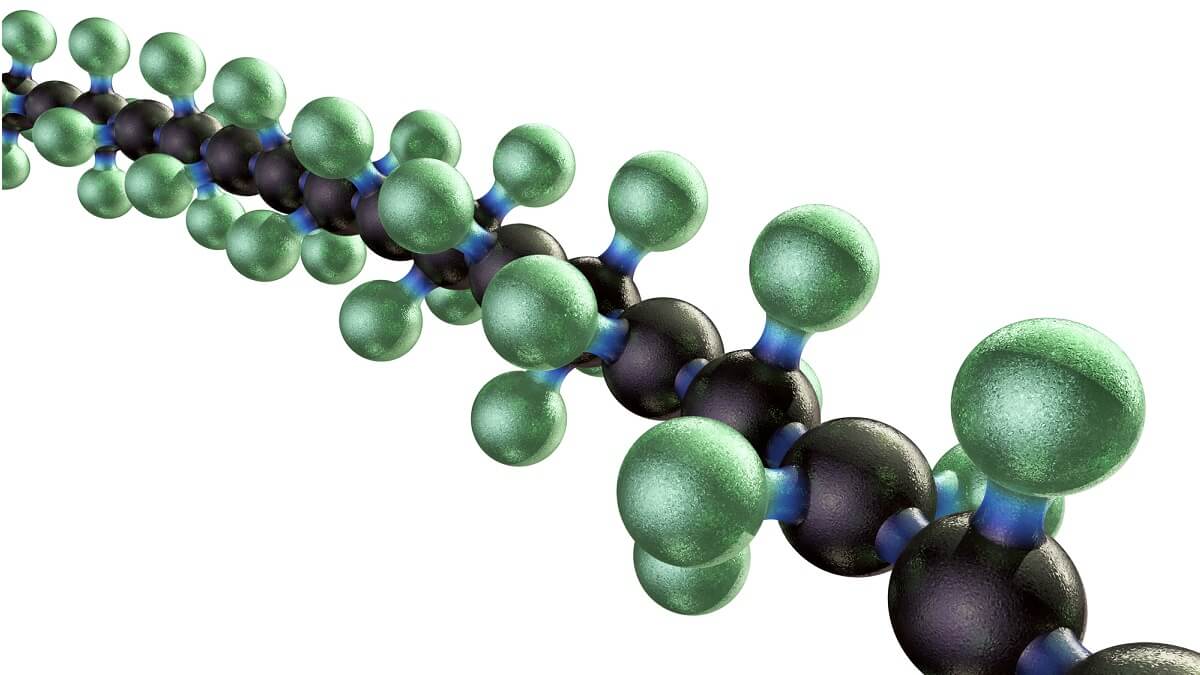Reusing Polymers: Advertising a Circular Economic Climate
Reusing Polymers: Advertising a Circular Economic Climate
Blog Article
Exploring the Varied Applications and Advantages of Polymers in Different Industries
Polymers, with their diverse array of residential or commercial properties and performances, have become crucial in different industries, each gaining special advantages from their application. From boosting safety and security and efficiency in the automobile industry to changing medical tools in the medical care market, polymers play a pivotal function.
Automotive Sector Applications
Polymers play a critical role in boosting the performance and toughness of numerous components within the automobile market. One famous usage of polymers in the auto industry is in the production of lightweight components.

Medical Care Sector Benefits
In different healthcare applications, the advantages of making use of polymers are extensively identified for their varied array of useful properties. Polymers play an essential duty in the medical care industry as a result of their adaptability, biocompatibility, and cost-effectiveness. One of the primary advantages of polymers in healthcare is their ability to be tailored to specific demands, such as versatility, longevity, and biodegradability, making them excellent for a vast array of clinical applications.
Polymer-based materials are extensively used in clinical tools, such as catheters, implants, prosthetics, and medication shipment systems, due to their biocompatibility and ability to mimic all-natural tissues. These materials can decrease the danger of allergic reactions or beings rejected, boosting person safety and security and outcomes. Additionally, polymers are lightweight, making them ideal for wearable medical devices and ensuring patient convenience.
Moreover, polymers enable the growth of innovative therapy approaches, such as hydrogels for cells engineering and nanocomposites for targeted medicine delivery. Their simplicity of handling and sterilization makes them vital for preserving high criteria of hygiene in health care setups. In general, the varied advantages of polymers contribute dramatically to developments in clinical modern technology and client treatment.
Environmental Advantages of Polymers

In addition, polymers can add to energy savings as a result of their lightweight nature. In markets such as transportation, lightweight polymer materials can help in reducing gas helpful site consumption and greenhouse gas discharges. Furthermore, polymers can allow the advancement of energy-efficient items such as insulation materials that enhance energy conservation in structures.
In addition, polymers play a crucial role in decreasing water pollution. As an example, making use of polymer-based filtration systems can effectively remove pollutants and impurities from wastewater, guarding water sources and ecological communities. Overall, the environmental benefits of polymers make you could try this out them valuable properties in advertising sustainability and environment-friendly methods across numerous industries.
Polymers in Electronics and Technology
Thinking about the enhancing need for cutting-edge and sustainable solutions in contemporary industries, the assimilation of sophisticated polymer visit our website technologies in the world of electronics and technology has actually become a critical technique for driving efficiency and performance. Polymers have actually reinvented the electronics market by enabling the manufacturing of lighter, much more adaptable, and long lasting digital tools. From smartphones to clinical devices, polymers play a crucial function in enhancing product layout and performance.
One substantial advantage of polymers in electronic devices is their insulating residential or commercial properties, which aid safeguard fragile electronic elements from ecological factors and electrical disturbance. Additionally, polymers are necessary in the development of versatile display screens, wearable technology, and printed electronic devices, offering limitless possibilities for developing clever and interconnected devices.
Moreover, making use of polymers in digital product packaging has resulted in innovations in miniaturization and thermal management, enhancing the overall performance and integrity of digital systems. As technology continues to progress, the versatility and adaptability of polymers will definitely drive further innovation in the electronics industry, shaping the future of innovation.
Function of Polymers in Building and Facilities
Polymers supply countless benefits in the construction sector due to their convenience, toughness, and cost-effectiveness. One crucial role of polymers in building and construction is their usage in layers and sealers, offering protection against environmental aspects such as wetness, UV radiation, and corrosion.
Moreover, polymers play an essential function in sustainable building practices by making it possible for the advancement of energy-efficient structures. Shielding products made from polymers help control indoor temperatures, minimizing the demand for home heating and cooling systems and inevitably lowering power consumption. Additionally, using polymer-based composites in infrastructure jobs such as bridges and roadways enhances their longevity and lowers maintenance prices. Generally, the incorporation of polymers in building and framework showcases their considerable effect on contemporary engineering techniques.
Conclusion
In final thought, polymers play a critical role in various industries such as automobile, health care, ecological, electronic devices, and building and construction. Their functional properties make them valuable in producing ingenious options and items. From enhancing gas performance in lorries to boosting clinical tools, polymers use many benefits. Furthermore, their influence on minimizing waste and promoting sustainability highlights their significance in modern applications. The widespread use of polymers demonstrates their significant payment to progressing modern technology and boosting top quality of life.
Report this page